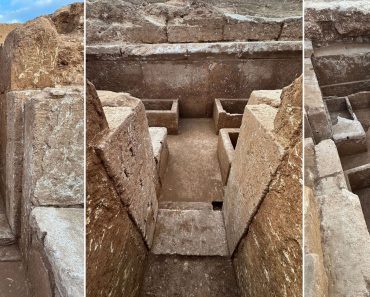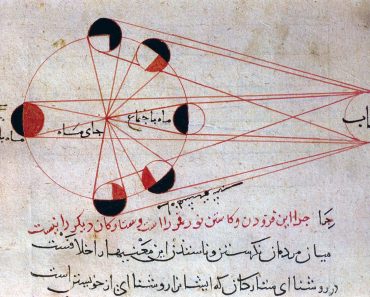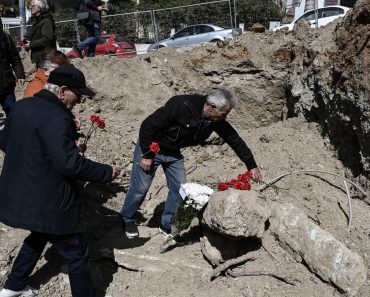Studying abroad in Turkey has changed the way I think about history.
The vibrant city I live in, Istanbul, was once Constantinople, the capital of the Byzantine Empire. The city contains so much life and culture from all the ancient civilizations it’s been home to such as the Thracians, the Ancient Greeks, the Persians, and more. These stories and memories are preserved because of their inherent value in our contemporary world. Yet, it seems Queen’s has forgotten the importance of the rich ancient world amid prioritization of STEM fields and programs they believe ensure monetary success.
Over the last few years, Queen’s has been implementing drastic budget cuts to the arts programs, placing an emphasis on the University’s STEM programs over the humanities as seen through their hopes for the “Bicentennial Vision.” Among many valuable arts programs fading into extinction at Queen’s is the Department of Classics and Archeology, the study of the Ancient Greek and Roman worlds including mythology, theatre, philosophy, and Latin.
I was introduced to Classics at a young age. My mom studied Ancient Greek and Roman studies receiving her MA from Queen’s in 2004. As pretentious as it sounds, she used to read me story books in Latin. By preserving the languages and stories now written off as dead, she taught me to never discount stories from the past.
Human stories have remained the same through history built upon the powerful ideas of love, grief, and the struggles of life.
For example, the profound impact mothers and daughters have on one another isn’t something new. In Ancient Greece, there’s a myth that follows Demeter, the goddess of grain and agriculture, and her daughter, Persephone. Persephone is abducted by Hades, the God of the underworld, and Demeter is completely devastated by the loss of her daughter, and refuses to allow the crops to grow until Persephone returns.
Eventually a compromise was reached between the Gods—Persephone would spend half the year with Hades, and Demeter’s grief would cause autumn and winter, and the other half of the year, Persephone would be back with Demeter, marking spring and summer as the earth flourished again. Beyond solely explaining the seasons, the myth is deeply human, marked by Demeter’s grief and love for her child.
It seems human nature really hasn’t changed much over all these years—we still love, fight, cry, struggle for power and succumb to social hierarchies.
When discussing the relevance of ancient stories on modern assessments of humanity, nobody from the Ancient World nails human nature the way Homer does. He was an ancient Greek poet whose eighth century BCE poems—the Iliad and the Odyssey—continue to be two of the most influential literary works of all time. Homer’s writing helped to create the “epic”—the ultimate hero’s journey where the main character battles between good and evil and faces moral dilemmas.
This year, esteemed filmmaker Christopher Nolan has taken on the task of bringing the Odyssey to life on screen. Adapting the epic following the warrior, Odysseus’s decade-long journey home to Ithaca after the Trojan War will be no easy feat. Only one shot of the film has been released but Nolan is already being criticized by history fanatics for the lack of historical accuracy.
Simultaneously, the Universal Executive claims Nolan’s Odyssey is a masterpiece and Homer himself would be proud.
Homer is known for his skill in capturing hubris—excessive pride or arrogance in one’s own abilities. Homer’s work is a commentary on the tragedy of hubris, specifically how pride can lead to one’s downfall, as it does for Achilles, the warrior, in the Iliad.
But the point isn’t whether the film gets every detail right—it’s that these ancient stories are still being told, reimagined, and debated. Homer’s themes of hubris, identity, and moral conflict continue to shape how we understand ourselves. The fact that filmmakers still return to these myths speaks to their relevance today.
If we remain curious enough to reconstruct our cultural and political narratives, we’ll find that the stories of the past live on.
It seems when all is said and done, art is what is preserved and passed on through time. To all at Queen’s who snub the arts, remember that to preserve art is to preserve humanity itself.
Tags
Ancient Greece, Arts, classics, History, Humanity
All final editorial decisions are made by the Editor(s) in Chief and/or the Managing Editor. Authors should not be contacted, targeted, or harassed under any circumstances. If you have any grievances with this article, please direct your comments to journal_editors@ams.queensu.ca.







